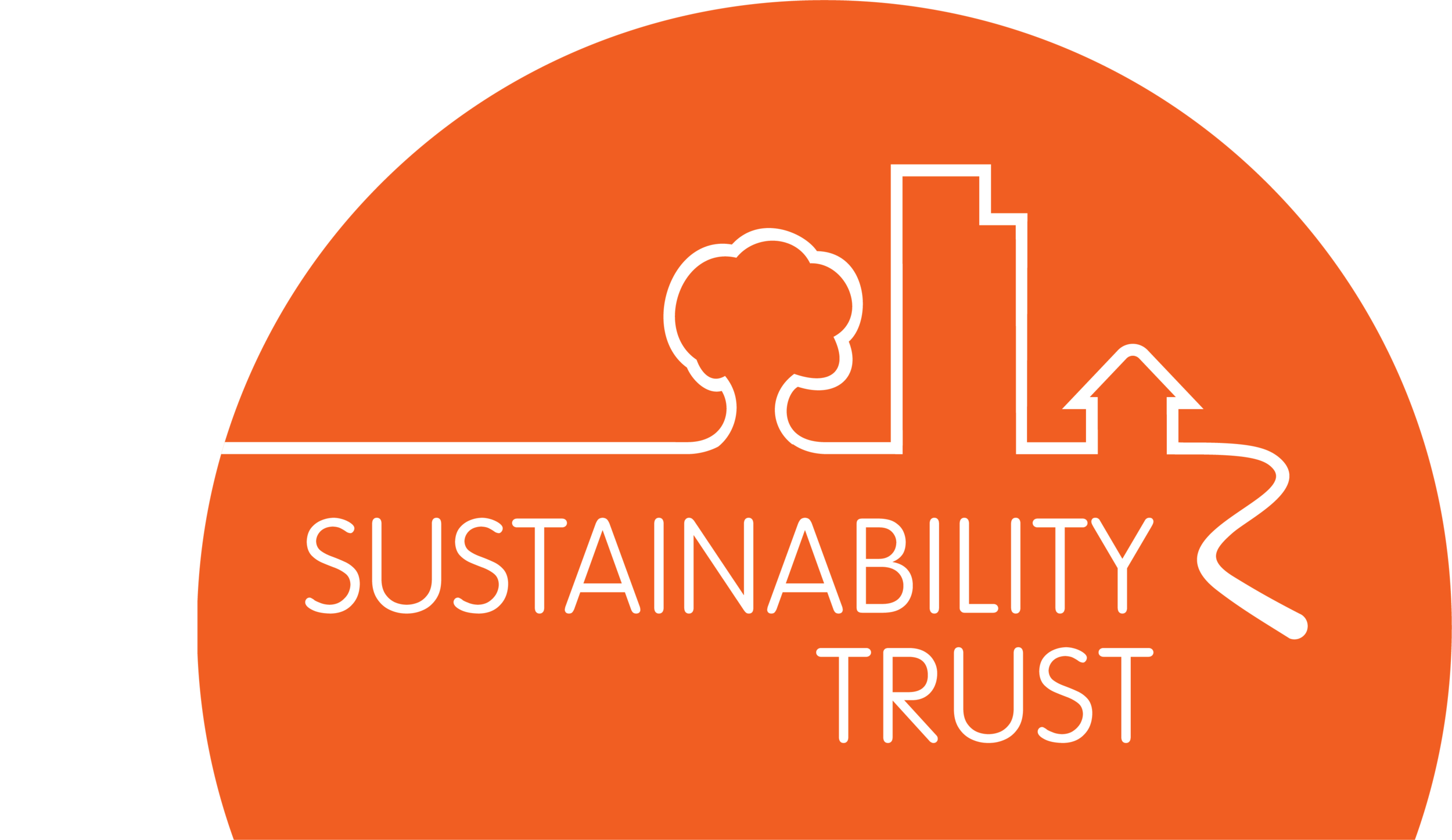What the Healthy Homes Act could mean for landlords and tenants
Published 18 March 2018
What the Healthy Homes Act means for you
The Healthy Homes Guarantee Act has been law since December last year, and the finer details will be decided soon. Sustainability Trust Chief Executive Philip Squire talks about what the new regulations could mean for both landlords and tenants.
I've just returned from a 6-month stint in Germany, supported by the Winston Churchill Memorial Trust looking into housing quality and energy efficiency. The Europeans understand the link between housing quality and health outcomes and regulate rental standards to ensure the worst performing houses are eliminated from the rental stock. Finally in NZ we are poised to transform our own rental standards. The Healthy Homes Guarantee Act (HHGA) has the potential to eliminate or dramatically minimise the misery of cold, damp rental properties.
The HHGA will set and define six key areas to help ensure all rental properties are warm and dry, and that they can be heated or cooled to healthy levels, and kept dry by tenants at a reasonable cost.
The HHGA will come into force on July 1, 2019 and will likely require all new tenancies to meet the regulations by or after that date.
So what does this mean?
Right now the regulations are being developed. There will be a public consultation in April/May where everyone has the chance to submit their views on what should be in, out, and to what extent properties should be upgraded.
The consultation is likely to include how the Act could be enforced, including what carrots and sticks could help encourage compliance. Due to the complexity and high levels of interest a Select Committee may review feedback and request further information from submitters before drafting final regulations.
At Sustainability Trust, we are very excited that the HHGA has been passed. This is a historic and groundbreaking opportunity to improve housing standards and tackle housing-related health issues. It does pose some challenges for landlords, which is why as members of Community Energy Network we will be providing a thoughtful, joint submission that will benefit both landlords and tenants.
While the regulations have yet to be developed, we think the following are likely to feature:
Insulation: At the very least, all rentals will need ceiling and underfloor insulation to NZ Building Code standards. This will increase the minimum level of ceiling insulation from R1.9 to R2.9. Depending on insulation material, this means an increase from current minimum of 70-100mm to 150-200mm thick (70-130mm thicker).
Heating: At the very least, an efficient heating unit (such as a heat pump) in the living area and provision for efficient heating in all bedrooms. It is possible that full home, energy-efficient heating, will need to be installed so the whole home can meet the World Health Organisation's safe temperature of 18C and so that tenants can heat the house to this temperature at a reasonable cost.
Ventilation: Extractor fans in the kitchen and bathroom, with provision for natural or forced ventilation in all other rooms.
Draughts: Minimisation of gaps around windows, doors, chimneys and other sources of draughts.
Moisture ingress: Ground vapour barriers in all rentals with damp basements, as well as ensuring that the external cladding is watertight.
Drainage: Ensuring that there is no water pooling beneath or beside the house, and that all stormwater is drained to an appropriate sump or stormwater system.
It is clear that some significant changes could be made to transform the quality of rental properties.
The government will need to be attentive to cost implications and reasonable timeframes. Some landlords may need support to cover costs of essential upgrades, and tenants need to be protected from unaffordable rent rises. There will likely be other impacts on the rental market, such as from property sales.
Compliance and enforcement are also areas that will need careful scrutiny. A robust HHGA will need to ensure that tenants are not placed in the vulnerable position of having to hold their landlords to account if the property is substandard. Tenants also need education on how to maintain the healthy home that is provided.
We also believe the government needs to follow overseas standards to ensure that the HHGA does indeed Guarantee a Healthy Home.
Check back again soon for more news and comment, and please get in touch if you have any questions.
Cheers, Phil
